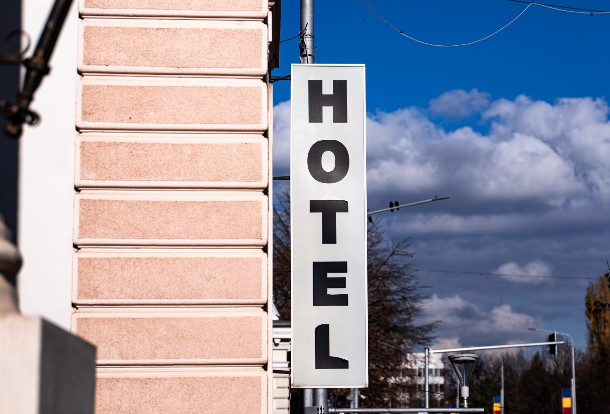
The Beijing Municipal Bureau of Statistics has released data for January–June 2025: among the city’s 1,613 above-designated-size accommodation businesses, operating revenue fell 7.3% year-on-year, while total profit was only RMB 59.8 million(about USD 8.39 million)—a staggering 92.9% drop.
Put simply, on average, each hotel earned just RMB 37,000(about USD 5,189)in six months.
Even more striking, this comes on top of an already steep downturn: in January-June 2024, revenue for the sector had already fallen 31.9% year-on-year. In 2025, revenue slipped another 7.3%, while profit plummeted 92.9% from that weakened base.
The slump in Beijing’s hotel industry was not triggered by a single shock but by multiple structural pressures converging at once.
On paper, occupancy rates, holiday peaks, and steady guest flows remain. The real issue lies in the widening gap between revenue and costs.
Revenue under strain. Holidays keep up appearances and weekends still bring traffic, but weekday, off-season, and mid-to-long stay demand has not fully recovered. Business travel, the backbone of Beijing’s market, is under price structure: premium rates no longer work, while lower rates erase profit. As a result, weak weekday income cancels out holiday peaks.
Costs show no mercy. Hoteliers report higher energy bills, rising compliance costs (fire safety, security checks, taxes, social insurance), platform commissions, operating expenses, and wages—all unavoidable. In the past, meticulous management could keep costs down, now there is nothing left to squeeze.
The real danger is the sustained bleed: two years of erosion culminating in this year’s sudden collapse.




